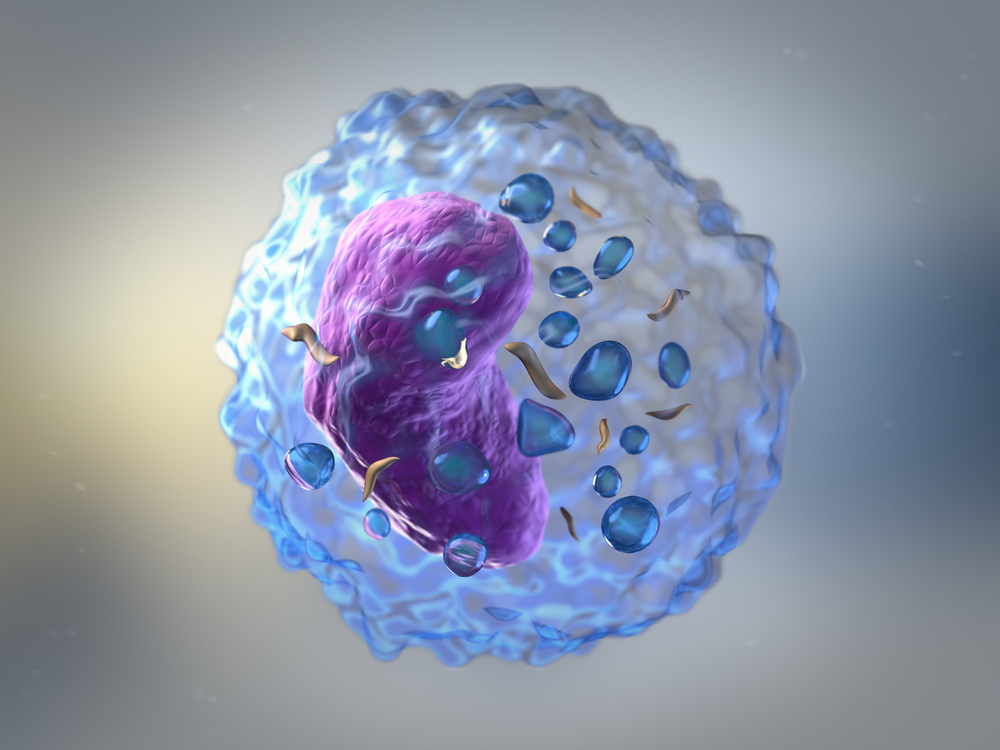#ECTRIMS2016 – Benefits of Gilenya in MS Also Appear Linked to Its Effects on B-Cells
Written by |

Scientists recently reported additional mechanisms of action that may underlie Gilenya (fingolimod) beneficial effects in relapsing-remitting multiple sclerosis (RRMS).
The results were in an oral presentation, “Fingolimod therapy modulates B cell functions: reduces CXCR4-mediated migration and increases B cell -mediated anti-inflammatory cytokine profile,” given at the 32nd Congress of the European Committee for Treatment and Research in Multiple Sclerosis (ECTRIMS), in London (Sept. 14 -17).
Gilenya is an oral immunomodulating drug for RRMS patients that has been shown to significantly reduce the rate of relapses. The drug acts by sequestering lymphocytes (a type of immune cell) in lymph nodes, preventing lymphocytes from contributing to an autoimmune reaction.
Recently, researchers showed that Gilenya is also capable of modulating another type of immune cell, the B-cells (cells responsible for the production of antibodies, among other important functions). Specifically, the team found that the drug promotes an anti-inflammatory response, mainly characterized by cytokines (signaling molecules that are secreted by certain immune system cells and have an effect on other cells) of the B-cell repertoire.
The results prompted researchers to ask what other characteristics of B-cells might be modulated by Gilenya. The team analyzed the workings of B-cells in RRMS, including their migration capacity and their effects on another important class of immune cells,T-cells.
Researchers collected blood from 28 RRMS patients free for at least one month of prior disease-modifying therapies or steroids. Blood collection was performed at 0 and 3 months after therapy, and both B- and T-cells were isolated. Once extracted, the team performed functional assays and tested the migratory capacity of B-cells under different conditions in in vitro culture.
They found that after three months of treatment with Gilenya, both B- and T-cell migratory capacity was reduced. Moreover, they observed that while B-cells immediately after therapy start (0 months) significantly increased T-cell proliferation, this effect was diminished after three months of therapy. Importantly, B-cells under Gilenya treatment stimulated an anti-inflammatory cytokine profile in T-cells.
“Fingolimod therapy modulates the function of B cells: reduces B cell CXCR4-mediated migration and expression, increases the capacity of B cells to stimulate an anti-inflammatory cytokine profile in T cells, while reducing stimulation of T cell proliferation, and also promotes an anti-inflammatory cytokine profile in B cells co-cultured with T cells,” the researchers concluded.
Together, these immunomodulatory effects are likely contributing to the beneficial role of Gilenya in RRMS.


